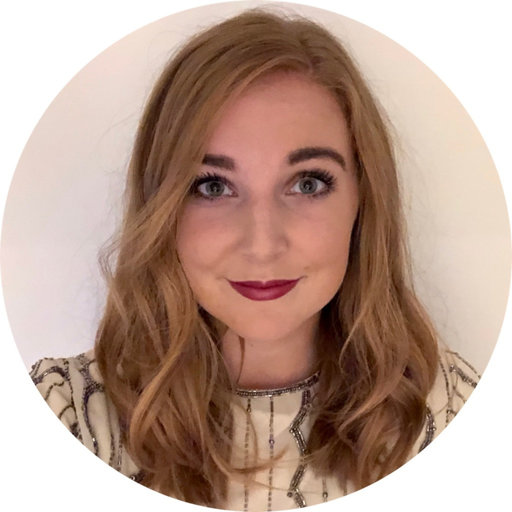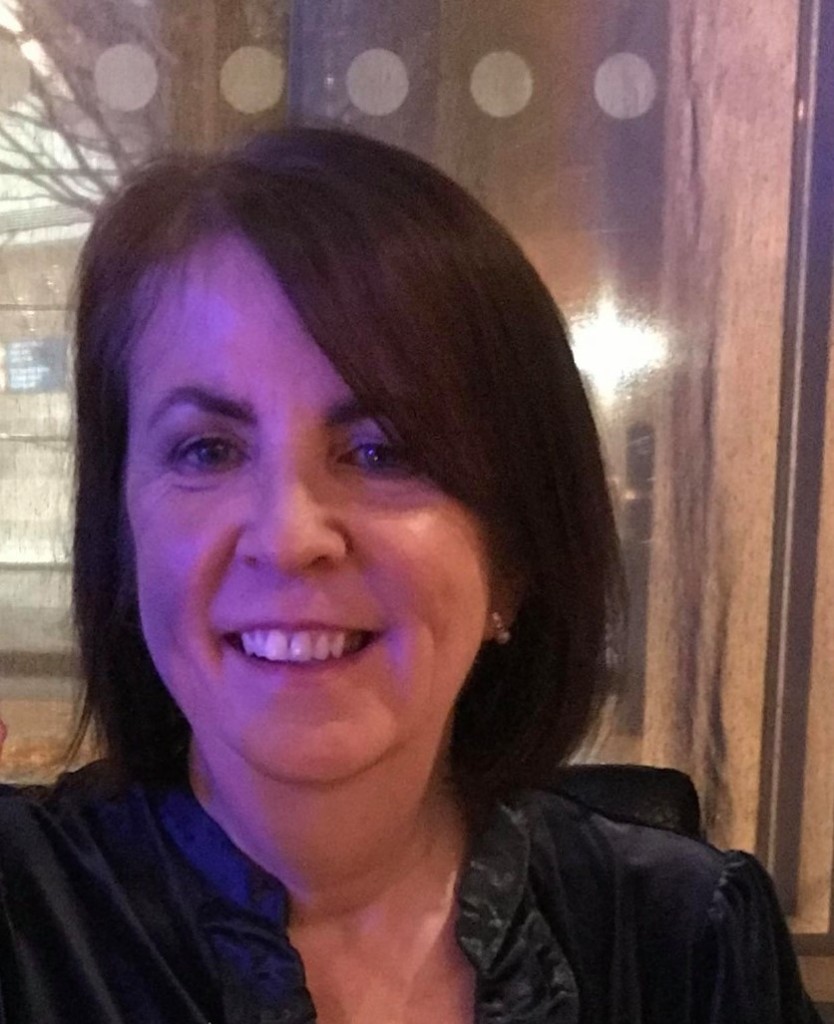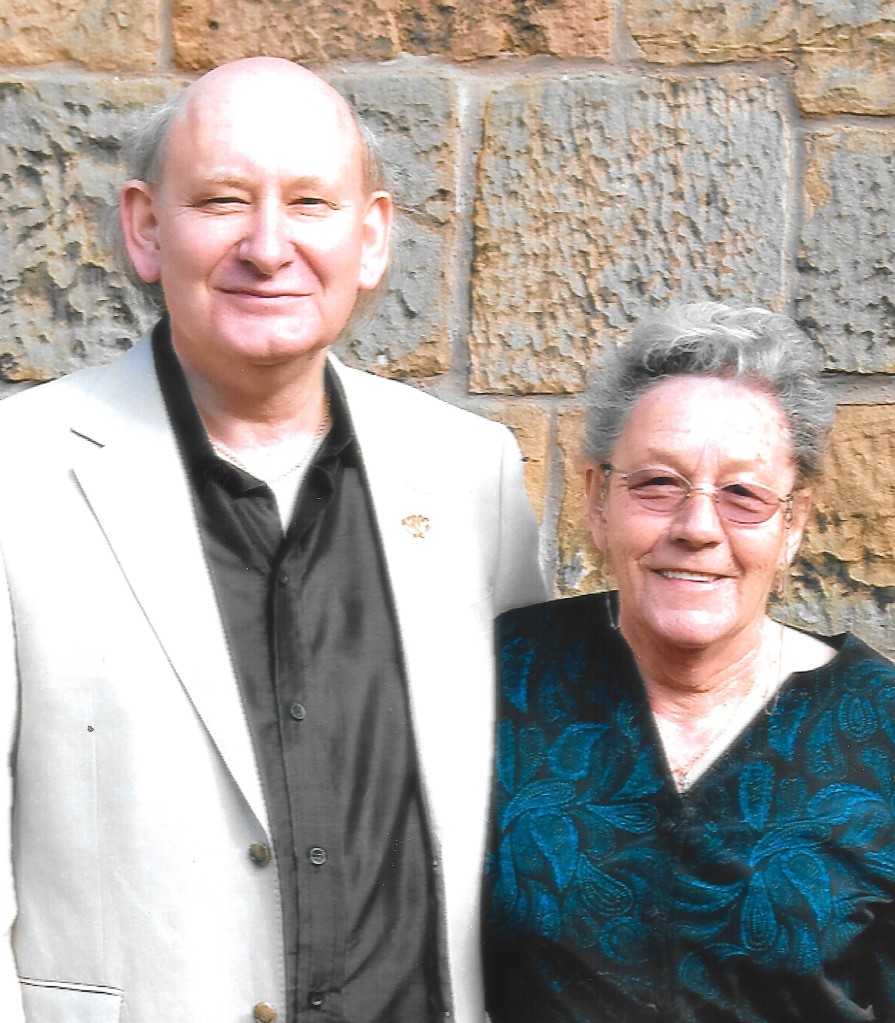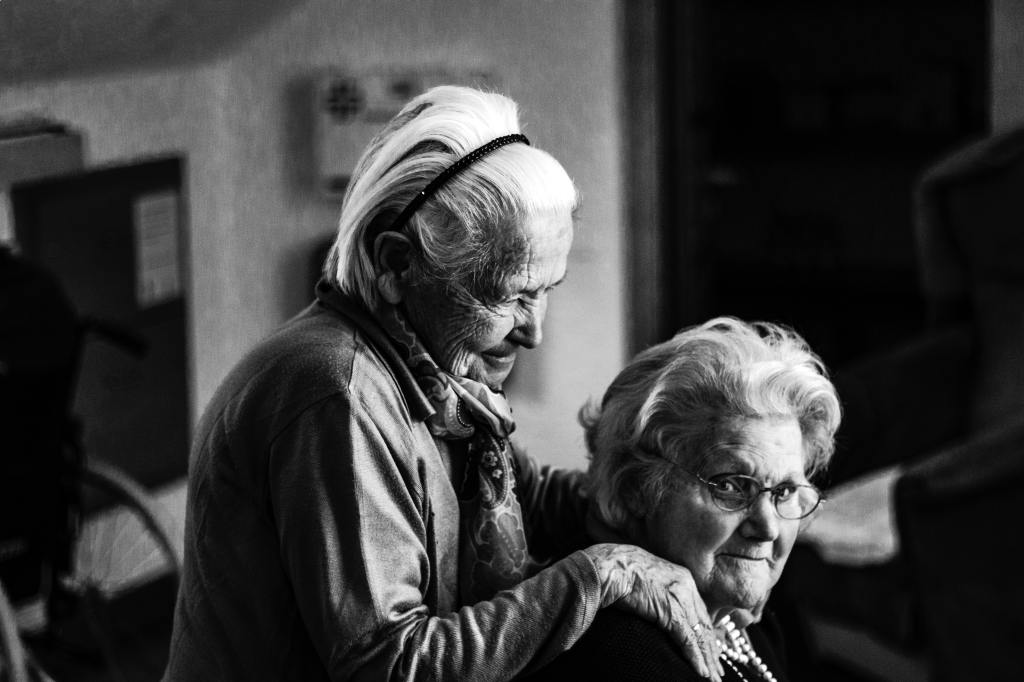2nd January 2023
Megan Polden

My first postdoc: Evaluation of Singing and Dancing Interventions
Everyone has experienced the power of music. Whether it be a child dancing or a busker on a high street, music is a universal experience that transcends all ages. Music and memory are closely connected, and music can provoke emotional memories and can have many benefits for people living with dementia.
Dementia affects the brain, leading to a decline in cognitive performance alongside behavioural, daily functioning, and emotional changes. There are limited benefits of pharmacological interventions, particularly for behavioural symptoms in dementia and because of this, there is a strong need for non-pharmacological support services such as singing and dancing interventions. Music therapy and singing interventions can lead to improvements in mood and reductions in anxiety as well as help to maintain speech and language and enhance people’s quality of life. Music and singing interventions also have positive impacts on carers by relieving stress, enhancing mood and reducing carer burden when sessions are attended together. Singing combines, music and instinctive behaviour to stimulate the brain and group singing interventions may help to improve social interaction between people living with dementia by promoting relaxation and reducing levels of anxiety.
Previous evaluations of music therapy or group-based singing activities for people living with dementia have generally only looked at the impacts on the person living with dementia and not the carer. They have also mainly been based in care homes rather than community settings and focused only on the musical intervention rather than any social elements. It is clear singing interventions can be incredibly beneficial however, limited evidence has explored the benefits of both singing and dancing groups for both the person with dementia and their carers. Combining singing and dancing could lead to even more benefits from these services for people living with dementia.
I have recently been awarded a 2-year research fellowship funded by the NIHR and the Alzheimer’s Society, which will allow me to examine singing and dancing support services and their impacts on people living with dementia and their carers. Working alongside Dr Clarissa Giebel, Dr Kerry Hanna, Prof Carol Holland and in collaboration with The Brain Charity and Lyrics and Lunch, we will examine the effects of these services on mood, quality of life, cognition and social isolation for people living with dementia. It is also important to evaluate the impact of these support services on carers and therefore we will conduct assessments and interviews incorporating the views of dementia carers in our research. We also want to know more about the value of these interventions, not just in economic terms, but also in terms of social value. Due to this, we will conduct a social return of investment evaluation allowing us to quantify the social value of these services.
Additionally, inequalities had been reported in accessing social care and support for people living with dementia and their carers. Factors that contribute to poor access include the cost of care/services, unequal services available, transport issues and increased reliance on others (unpaid carers) for support. A focus of our research will be to look at the barriers that people encounter when trying to engage with these support services and look at ways to reduce these factors and improve engagement. Accessing services after a diagnosis can be difficult, so understanding the benefits of support services and how this can be accessed as widely and easily as possible is important and something we hope to improve through this research.
We will use the findings from this research project to create recommendations for the future delivery of effective singing and dancing groups for people living with dementia. We hope that our research will help improve the access to these extremely beneficial support services and emphasise the positive impact of singing and dancing groups for people living with dementia and their carers.
Megan is starting her 2-year funded postdoc this January.
19th May 2022
Dr Alys Griffiths

My name is Alys Griffiths and I’m a lecturer in Clinical Psychology at the University of Liverpool.
I’ve worked as a dementia researcher for almost 10 years, first as a PhD student at the University of Manchester, then as a researcher in universities in Bradford and Leeds. I’ve had two grandparents with dementia and wanted to learn and understand more about what life might be like when for people with dementia. My grandmother was also a care home manager, so I feel like I was destined to end up in the sector in one way or another.
In my current role, I spend some of my time supporting trainees on the Doctorate in Clinical Psychology, who are training to become Clinical Psychologists at the University. I teach them about research methods and how to work with people with dementia. I also supervise research projects, usually related to dementia. I work alongside each trainee to review the existing research and conduct a research project that can help improve clinical psychology in some way. This may be thinking about how we support people in a certain setting, such as forensic wards, or how we support people who live with dementia and another health condition.
The rest of the time, I work in dementia and care homes research in lots of different ways. I write applications, with people with dementia and their families, to get grants to do research. It’s really important to me that these ideas matter to people affected by dementia, so I work closely with people to ask what the biggest issues they’re facing are. We can then think about how we can use research to answer these questions and tackle these issues.
I’m also often out collecting data in places such as care homes or memory clinics, or sometimes doing interviews online. This is new for me since the pandemic, but has worked quite well. Most people are comfortable talking on the phone or using videoconferencing, as everyone’s got used to it now! When we finish collecting all our data, we then analyse the data, usually as a team and write up our findings. The part I enjoy most is being able to share what we found with the people who participated in the research and thinking about different ways to do this. I’ve been involved in making videos, designing leaflets, giving presentations, and helping update guidance for staff on how care is delivered to people with dementia.
I joined the Liverpool Dementia & Ageing Research Forum as soon as I came to the University. It’s been a fantastic way to meet people across the region who share similar interests, and allowed us to find ways to work together. I particularly enjoy journal club and am known for being our resident ‘Reviewer 2’.
15th May 2022
Hayley Hogan & the Alzheimer’s Society

My name is Hayley Hogan, and I work for the Alzheimer’s Society.
I’ve worked for the Alzheimer’s Society for 8 years with many different hats on. I started off directly supporting people affected by dementia in North Wales, providing face to face support in Anglesey. This was one of my first experiences of working with and supporting people affected by dementia – my Grandad also had vascular dementia. I learnt so much from the people I supported and I felt enormously proud to be part of their experience and being able to support them. I really learnt how dementia can impact people and their families differently and I wanted to understand better the lived experience.
This led me to working with the Dementia Voice team. I enabled people living with and affected by dementia across Wales to share their experiences to influence change. I worked with people affected by dementia to set up local involvement groups and to get their voices heard locally. This included working with local authorities and services and ensuring people affected by dementia had a seat at the table – nothing about us without us! I also supported Wales wide projects and was immensely proud that I had the opportunity to work with people affected by dementia across Wales to contribute to and influence Wales’ first Dementia Action Plan. I also wrote our Dementia in Rural Wales report. I spent five years in this role and continue to be a strong champion for ensuring that people affected by dementia are involved in everything we do.
Having learnt so much from people affected by dementia across Wales, I was really passionate about returning back to a role that provided local support. I spent a couple of years managing our Dementia Connect service in Anglesey, Gwynedd and Conwy. Shortly after starting this role the pandemic hit. I will always be enormously proud of our team and Alzheimer’s Society for how we responded to the pandemic and how this enabled us to better support people affected by dementia during this time.
Before I’d started at the Alzheimer’s Society, I’d had a keen interest in research. Whilst I was managing services during the pandemic, I was constantly reviewing research that had been published so it could inform my practice. I wanted to ensure, that together with the experiences of people affected by dementia, that research could be used to develop impact for people living with dementia now and in the future. I was really lucky that a role in our Research Evidence team came up and I now work as Senior Research Evidence Officer. As a team we search for and review evidence from dementia care research because we recognise how important is that useful and useable findings are shared. We mobilise these findings and put them in the hands of people who can use them to inform practice and/or policy. It’s a fascinating role and I’m learning so much!
It was my current role that enabled me to learn more about the Liverpool Dementia & Ageing Research Forum. It’s great to have a space where we can discuss the latest research dementia care research findings. I also really value how the forum involves people living with dementia and carers – this enables us to identify how dementia care research can be best mobilised and make the biggest impact for them.
1st April 2022
Jacqui Cannon & The Lewy Body Society

The Lewy Body Society has been going for 15 years as of the 6th June 2006 and is the only UK-based charity that focuses solely on Lewy Body dementia. The charity funds research into the disease, raises awareness, provides information and support. The Lewy Body Society is proud to be a member of the AMRC (Association of Medical Research Charities) and to be funding an Admiral Nurse via Dementia UK specifically for Lewy Body dementia.
Jacqui has been involved with the society for 14 years, 8 years as a volunteer whilst continuing to work as a Senior IT Business Analyst and the last 6 years on a full-time basis. She is a former carer for her father who lived with Lewy body dementia.
At the time of his diagnosis, Jacqui had never heard of Lewy Body dementia, and very soon she needed to become an expert by experience. When people talk about dementia, they automatically assume memory. Jacqui and her father soon discovered that it was more than that, it was about the cognitive behaviours including delusions and lack of REM sleep.
Her father who received his diagnosis in 2007 from his very knowledgeable GP was partially sighted and had heart problems. As a result, at that time he was not receiving any medication for his dementia as he could not tolerate it.
Jacqui has many hats on though. She is also involved with Wigan Borough Dementia Friendly Community and is a Greater Manchester Champion for Join Dementia Research, which helps to recruit participants for research studies and drug trials.
The Lewy Body Society works in partnership with Dementia UK and they signpost callers to the DUK helpline when medical questions are involved and additional support is needed. Jacqui takes calls daily from carers and family members. These calls can last 5 mins or an hour and range from needing advice about getting a diagnosis; trying to identify a suitable care home who will accept someone with a diagnosis of Lewy Body dementia; continuous care; management of symptoms and finally just to speak to someone who has had the same lived experience. Carers tell her that by speaking to someone who has had that experience but who can also provide information and sign-posting is important to them.
For any queries about Lewy Body dementia, or if you need advice, please contact the Society here.
8th March 2022
Jack Coutts

Dementia and Me
Like most people, I hadn’t given much thought to dementia until it touched my own family 14 years ago.
My parents were happily living out their Golden Years in an older person’s bungalow in Dingwall, Scotland when during visits it seemed to me and my sister that Mum’s scatty forgetfulness might be something more, but still it was a source of shared amusement and she laughed about it more than any of us.
A year on and Dad was taking charge of more of their household tasks because Mum was having difficulty keeping focus or remembering simple things. My sister and I could see that there was something seriously amiss but we didn’t intrude into our parents’ still comfortable lives by suggesting getting a diagnosis.
Then Dad got cancer, became very ill and a few months later he died, thankfully at home with his family around. Mixed in with the inevitable inconsolable grief and bewilderment, Mum’s memory became, for us, bizarrely disconnected from reality. She would ask where Dad was and we, knowing no better, would gently “remind” her that he’d died. And this could be repeated every 20 minutes or so. Time and again she suffered that fresh horror of learning, as if for the first time, that the love of her life had gone.
Eventually, my sister and I learned the truth, that the memory of Dad’s death could not be “rediscovered” because it was not being recreated by our repetition – one of the key facts about dementia, the inability to form new memories, became clear to us. And because there could be no proper mourning process for Mum, neither could there be hope of recovery and healing. So we learned that distraction and fiction were the only ways to deal kindly with painful truths.
The following months and years took on a pattern that is familiar to many family carers of people living with dementia – diagnosis, Power of Attorney (while there was still enough competence), move to a local care home, all while the condition progressed. Mostly Mum was in a confused but contented state and we were able to have many fun times together but there were also much darker moments, like when she desperately wanted to get back to her own mother and her home of 70 years previous.
It later became necessary to move Mum to another care home, nearer to my sister and me. Throughout, the symptoms accumulated and intensified and my sister eventually decided to take Mum home with her to care for her over the final period of decline, right up to the end. It was a peaceful conclusion to a full and happy life.
A few years later, after I’d taken early retirement and was looking for something useful to do with my time and my mental energy, I read about Dementia Friends and how Alzheimer’s Society provides training for people willing to give dementia awareness talks. And so it was that in 2013, I delivered my first Dementia Friends session.
Since then I’ve done 90 more sessions to groups, organisations and businesses of all kinds and sizes. My occasional bouts of direct caring for Mum through all stages of her dementia gave me many illustrative anecdotes to weave into the talks, like Mum’s continuing enjoyment of dominoes, or having fun days out together even though she couldn’t remember who my sister or I were.
In 2015, I was invited to join Liverpool Dementia Action Alliance, initially as a Dementia Friends Champion representative, and subsequently I became its Chair. LDAA currently has 93 registered members from every type of organisation, group and business, all in some way committed to making a difference, large or small, to benefit people affected by dementia, working in partnership with statutory services to create a dementia friendly Liverpool and region. I’m now also a Director of LDAA’s sister body, not-for-profit company Dementia Action Liverpool, and more recently Chair of the Liverpool City Region Dementia Advisory Group.
It is a huge privilege to be able to work alongside incredibly dedicated professionals and family carers and most especially some wonderful people who are living with the condition, all aiming to make life better and to make communities more inclusive for everyone who is affected by dementia. Spreading awareness and understanding about the condition particularly assists new family carers, those who like me and my sister at first find the experience of dementia totally confusing and frightening.
There’s not a day that goes by that I don’t at some point think about my Mum and how dementia couldn’t take away her essential love of living her life to the fullest possible. I’m eternally grateful to all of those in the health, research and caring professions, and those working in dementia advocacy and support, who help everyone touched in whatever way by dementia.
Jack Coutts
For any queries about Liverpool Dementia Action Alliance, Liverpool City Region’s Dementia Friendly Communities programme or anything else mentioned in this piece, Jack can be contacted at jackcoutts@dementiaactionliverpool.com

Take a look at some of our many members and their personal stories
On this page, we will be uploading regular new stories from our many members – carers, people with dementia, care providers, and many more.
Subscribe to Member Stories
Get new content delivered directly to your inbox.